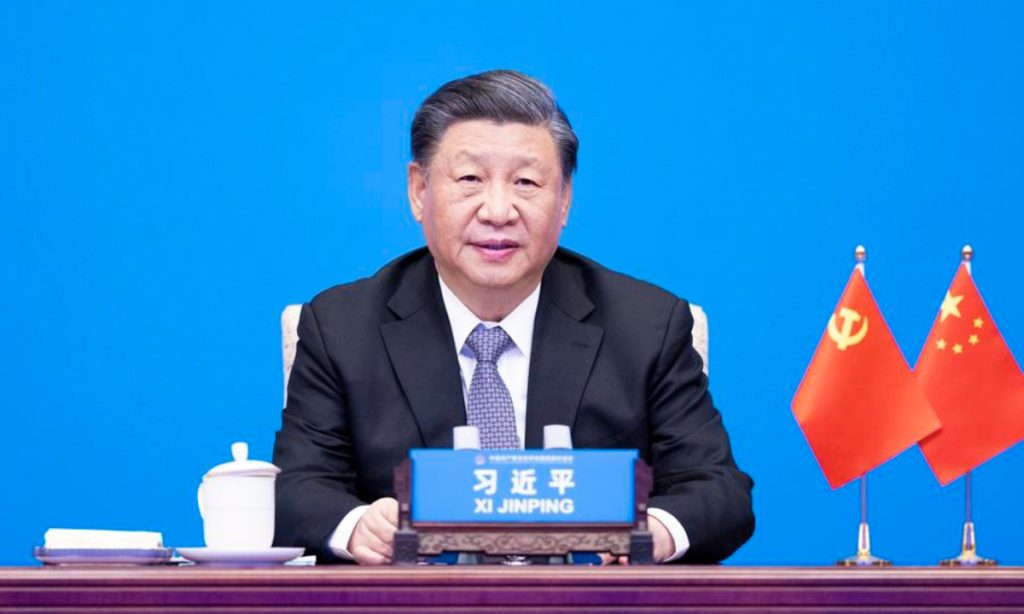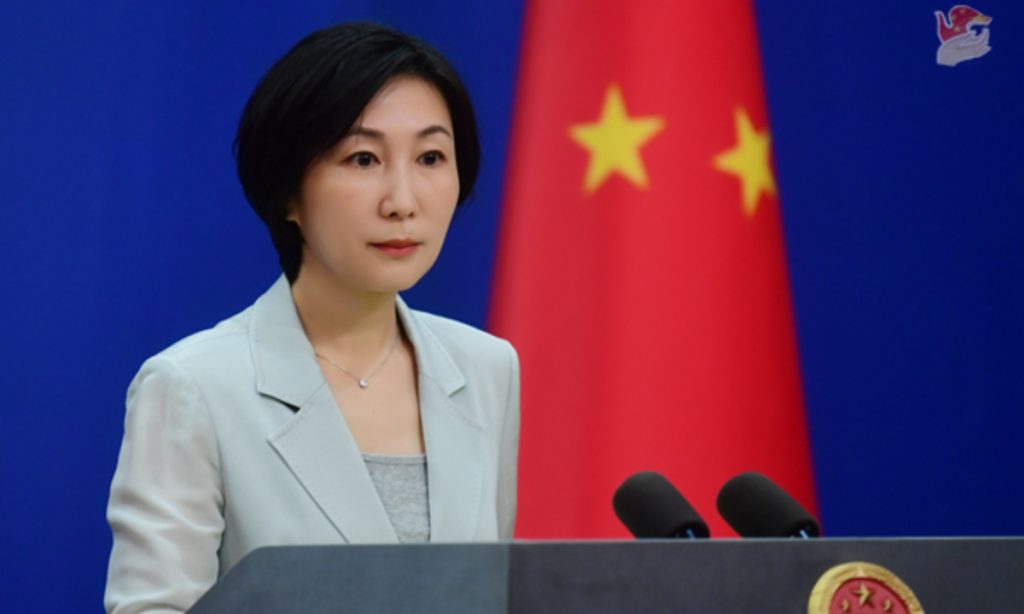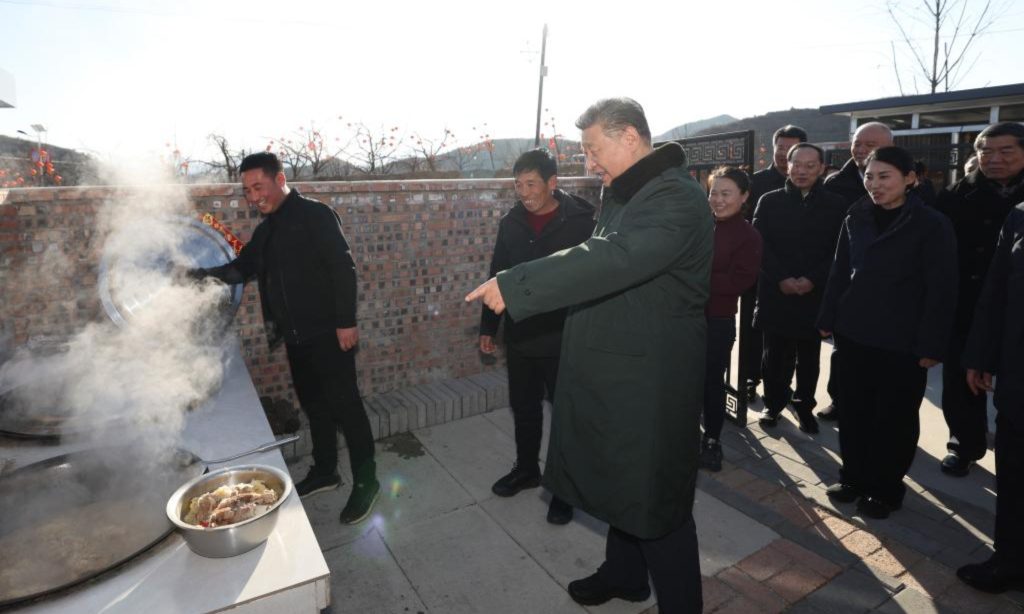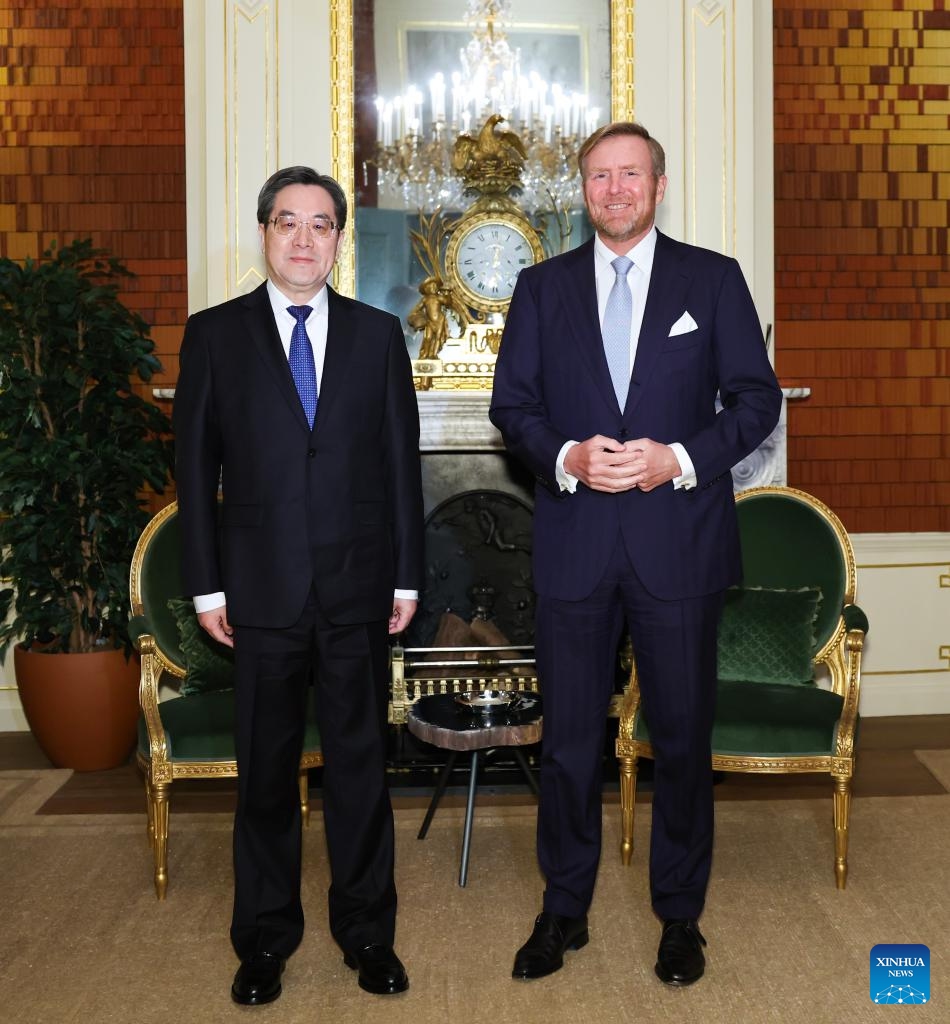Why Global Civilization Initiative matters to human progress

In the book-lined office of Professor Stelios Virvidakis at the University of Athens, Greece's oldest and most esteemed academic institution, a letter is carefully preserved like a precious, delicate bridge model.
It came from Chinese President Xi Jinping, delivered to congratulate the inauguration of the Center of Chinese and Greek Ancient Civilizations in the time-honored university in February 2023.
"It was a delightful surprise to us all," said Virvidakis, his philosopher's gaze softening at the memory.
In the letter, Xi noted that over 2,000 years ago, China and Greece, two civilizations glittering at each end of the Eurasian continent, made groundbreaking contributions to the evolution of human civilization.
Now, he pointed out, it is of profound historical and contemporary significance for them to work together to promote exchanges and mutual learning and enhance the development of all civilizations.
The well-preserved letter reflects Xi's broader vision of fostering cross-cultural dialogue and mutual learning as a catalyst for global peace and development, a vision that has been driving his diplomatic action worldwide.
That aspiration is best embodied in his Global Civilization Initiative (GCI), launched at a conference between the Communist Party of China (CPC) and global political parties in 2023, where he stressed that tolerance, coexistence, exchanges and mutual learning among different civilizations play an irreplaceable role in advancing humanity's modernization process when the future of all countries are closely connected.
With the GCI marking its second anniversary on Saturday, Xi's vision -- to build a world where civilizations don't collide but converse -- has become ever more relevant, standing both as a nod to ancient ties and as a bold stitch in a fraying global tapestry.
In recent years, some scholars and politicians in the West have been peddling once again the clash of civilizations theory, first proposed by American political scientist Samuel Huntington in 1993. They portray some civilizations as superior to others and seek to divide countries through ideological and racial lines.
On the background of the resurgence of such sentiments is a world undergoing unprecedented transformations rarely seen in a century. Global South countries, on a collective rise, are demanding their legitimate right to modernization in louder voices, while the global deficits in peace, security, development and governance are growing ever larger.
In Xi's eyes, no civilization in the world is superior to others, and every civilization is equal and unique. "Civilizations have come in different colors, and such diversity renders exchanges and mutual learning among civilizations relevant and valuable," he said in a speech at the UNESCO headquarters in Paris in 2014.
Months after he put forward the GCI in 2023, Xi explained at an event in San Francisco that the initiative is meant "to urge the international community to address the imbalance between material and cultural advancement and jointly promote continued progress of human civilization."
China's global initiatives, including the GCI, advocate for an egalitarian and inclusive order in pursuit of just and coherent global governance, said Ong Tee Keat, president of the Belt and Road Initiative Caucus for Asia Pacific and a former transport minister of Malaysia.
In the meantime, he said, "the GCI has driven home a clear message that all nations have the right to choose their own development paths in their pursuit of modernization, which is not necessarily synonymous with Westernization."
In September 2024, at the opening ceremony of the summit of the Forum on China-Africa Cooperation, Xi put forward 10 partnership actions for modernization, with the first being "Partnership Action for Mutual Learning among Civilizations."
"China will enhance people-to-people and cultural exchanges with Africa, champion mutual respect, inclusiveness and coexistence of different civilizations on our way to modernization, and strive together for more fruitful outcomes under the GCI," Xi said.
As the world order designed to serve the interests of Western powers no longer meets the evolving needs and aspirations of Global South countries, a call for change is a natural response, said Ong, the Malaysian expert.
"This must occur … free from any mental subordination. Only then can an environment conducive to a nation's modernization and development be established," he said. "In this respect, the GCI undoubtedly serves as a potent enabler."






